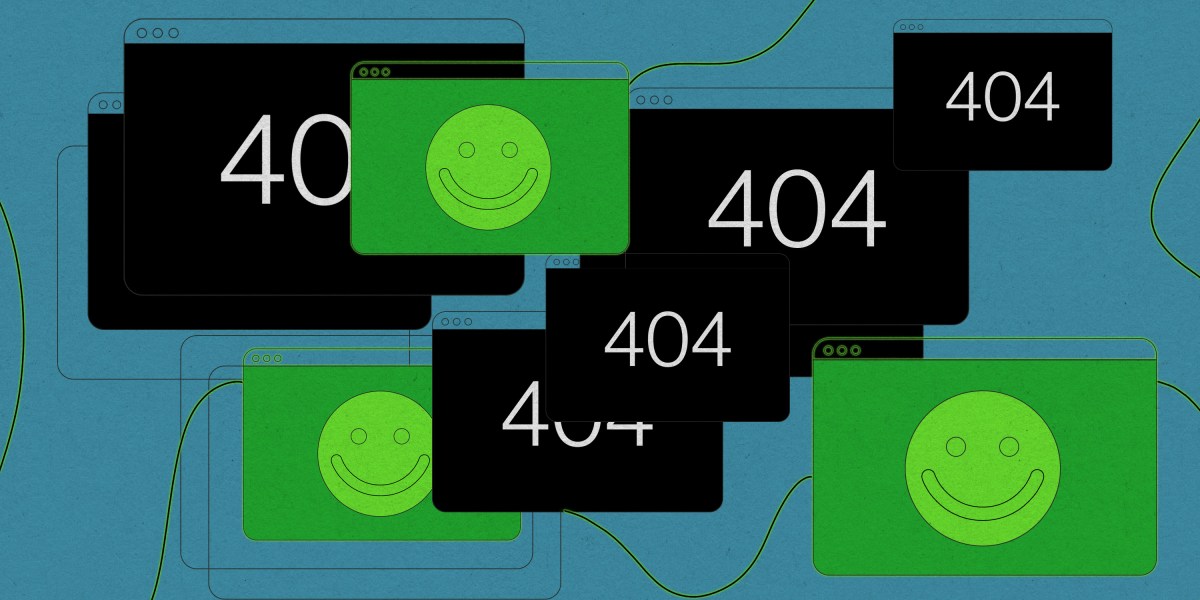
Importantly, during crackdowns, the SDK will make it easier for developers from different companies to work on the same code and enable them to run updates more efficiently, allowing for quicker responses to evolving censorship tactics.
A simple solution
Several groups are already planning to deploy the new technology. Balatarin, a Reddit-like site in Persian, plans to use the SDK to build VPN functionality directly into its mobile app. Balatarin is well accustomed to censorship from the Iranian government; its website has been blocked in the country since its early months. NthLink will also use the SDK to make its app more updateable during internet shutdowns.
Balatarin says this new technology could help many more users access its services, especially those who are not particularly tech savvy. Running a VPN requires a level of tech fluency, and it also takes more energy and battery power than standard internet use—which is why a solution like the SDK is a good one, says Mehdi Yahyanejad, the founder of Balatarin: “When the app is in use it will be much easier. And it would help users.”
This simplicity is also crucial because the Iranian government has made its own limited version of the internet and is offering access at cheaper rates for businesses and households. (It has also forced telecoms to hand over direct access to their networks and user information.) Users in Iran who want to avoid being surveilled or to access blocked websites have to put up with clumsy toggling back and forth between the intranet and the wider internet, often at higher prices. The SDK will allow other developers to build in VPN connectivity directly to apps at no cost, making it easier and potentially cheaper for users to access the wider web.
Of course, while the SDK might be a game changer for websites like Balatarin, building “practical, sustainable, and robust” censorship-resistant technology is going to require a lot more attention in the coming years as more and more actors interfere with users’ traffic, says Roya Ensafi, a professor of electrical engineering and computer science at the University of Michigan.
Ensafi, who’s research team collaborates with Jigsaw on censorship measurement projects, says that she is “optimistic” about the SDK, which she calls “a step in the right direction” for a field that often struggles to keep up with the volatile, expensive, and evolving problem of censorship.
In the meantime, Jigsaw says, it’s working on integrations with other global partners and focusing on collaborating with news and media applications.
